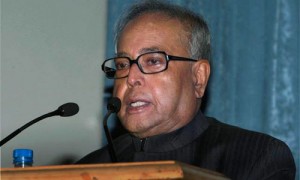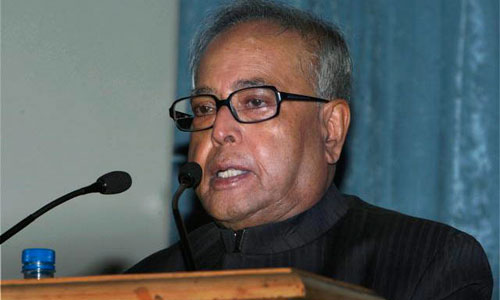 The draft Real Estate (Regulation and Development) Bill, 2011, aims at bringing reforms in the unorganised Indian real estate sector. However, while the Bill is largely being deliberated upon these days, there is hardly any talk of what even Finance Minister Pranab Mukherjee has openly admitted—the cartel of black money in the real estate transactions.
The draft Real Estate (Regulation and Development) Bill, 2011, aims at bringing reforms in the unorganised Indian real estate sector. However, while the Bill is largely being deliberated upon these days, there is hardly any talk of what even Finance Minister Pranab Mukherjee has openly admitted—the cartel of black money in the real estate transactions.
This cartel of black money in the sector has not been addressed in the draft Bill, nor does it have any regulation for properties on the resale market. The Bill though promises to make the primary market more transparent, it is mum on the secondary market, which attracts a significant number of transactions.
The recent Supreme Court ruling on the general Power of Attorneys (POA) is the only step in recent times that promises to check the rampant use of corrupt practices in the secondary property market.
“In an emerging and expanding city like Delhi-NCR transactions in the secondary market will constitute almost 50% of all the transactions. Mumbai, however, will have higher number of secondary market transactions,” says Gulam Zia, national adviser-research and advisory services, Knight Frank India, a property consultant firm.
Incidents where different people have taken different loans on the same property are not uncommon. It indicates the same property is sold to different buyers, leading to a dispute.
To prevent such frauds, the finance ministry’s department of financial services set up a Central Registry of Securitisation Asset Reconstruction and Security Interest of India in April. This registry is an electronic database of all properties against which there is a pending loan taken.
Going ahead, the registry will include earlier mortgage agreements, too. R V Verma, CMD, National Housing Bank, says, “To upload the subsisting mortgages is our prime agenda as of now.”
“Another important milestone will be where we start parking data which does not involve loan. This will include data from each state registry that mentions price of the property, location, address and area specifications. This way, one can simply look at the previous sale price and evaluate the present value of the property. This will require coordination between the state registrar offices and central body governing the registry,” adds Verma.
Earlier in August, the Government introduced the Benami Transactions (Prohibition) Bill, 2011, which will replace the old Benami Transactions (Prohibition) Act, 1988. Any property that is bought by an individual in the name of another person in order to evade tax is known as Benami property. Here, one person pays the money, while the registration is done in another person’s name. Through such a transaction, a person becomes the virtual owner of a property, though legally the property is not reported as sold or bought. As a result, the stamp duty and registration charges are not paid to the government.
However, the challenge now is to give a holistic solution to homebuyers, particularly in the secondary market where more than half of the total property changes hands.






1 Comment
The main feature of which loans is because they are offered on the
individual that has a low credit score ratings
and thus it matters least when the person has good credit score
or not. In order to obtain requested for No Telecheck
Cash Advance, you should obey certain fine print that include-.
The money lenders have a bendable approach as far as virtually any filling
or faxing of documents is required.